Navigating Contingency Fees for Employer Retention Credits: Insights from Legal Precedent
In the realm of tax preparation, one often encounters questions surrounding contingency fees, especially in conjunction with preparing and filing refund claims. These fees, while common in various legal fields, raise significant concerns within the tax community regarding their appropriateness, permissibility, and legality. In February, during an IRS training session on employee retention claims, the issue of contingency fees sparked intense debate, with one agent categorically stating that such fees violate Circular 230, the IRS’s regulatory framework.
The controversy surrounding contingency fees prompts tax professionals, including CPAs, to examine the implications for their practice.
Does charging contingency fees jeopardize their professional license?
Could it lead to penalties or even loss of licensure?
These are crucial questions, particularly for those assisting clients with claims like the Employer Retention Credit (ERC) or other tax credits.
A specific landmark court case sheds light on this complex issue, offering insights into the convergence of contingency fees, tax preparation, and IRS regulations. The case involves Gerald Ridgely, a CPA who challenged the IRS’s prohibition on contingency fees for tax refund claims. Ridgely argued that this restriction hindered his ability to serve clients effectively and amounted to an unfair limitation on his practice.
Central to Ridgely’s argument was the distinction between tax preparation and representation before the IRS. While Circular 230 explicitly prohibits contingent fees in matters before the IRS, the court’s ruling provided clarity on the scope of this prohibition. The court emphasized that assisting in the preparation of tax returns or refund claims does not necessarily constitute practicing before the IRS. This crucial distinction paved the way for the legality of contingency fees in certain contexts.
The court’s decision highlighted Congress’s carefully articulated framework for regulating tax preparers and underscored the qualitative differences between tax preparation activities and practice before the IRS. By issuing a permanent injunction against the IRS’s contingent fee restriction, the court affirmed Ridgely’s position and recognized the irreparable harm he faced.
For tax professionals navigating the complexities of contingency fees and tax credits like the ERC, the Ridgely case offers valuable precedent. It clarifies that charging contingent fees for ordinary refund claims does not inherently violate IRS regulations, provided practitioners adhere to applicable guidelines. However, it’s essential to assess each situation carefully and ensure compliance with relevant regulations and precedents.
While this analysis provides valuable insights, tax professionals should seek personalized guidance from qualified experts familiar with their unique circumstances. Consulting with experienced tax attorneys or advisors can help practitioners navigate the nuances of contingency fee arrangements and mitigate any potential risks associated with their practice.
In conclusion, understanding the nuances of contingency fees in tax preparation, particularly concerning refund claims like the ERC, is crucial for practitioners seeking to serve their clients effectively while remaining compliant with IRS regulations. The Ridgely case serves as a significant precedent in clarifying the permissible scope of contingency fee arrangements, offering valuable guidance for tax professionals navigating this complex terrain.
Disclaimer: We want to remind you that while we do have expert tax attorneys and tax professionals working for our team and for our clients, Brad Mewes is not an attorney, and we are certainly not your attorney. But we do want to help. Reach out and schedule a time to speak with me or one of my teammates to review your unique set of facts and circumstances and see how we might be able to help you.
If you have any questions or think you may be eligible, click here to schedule your assessment.



